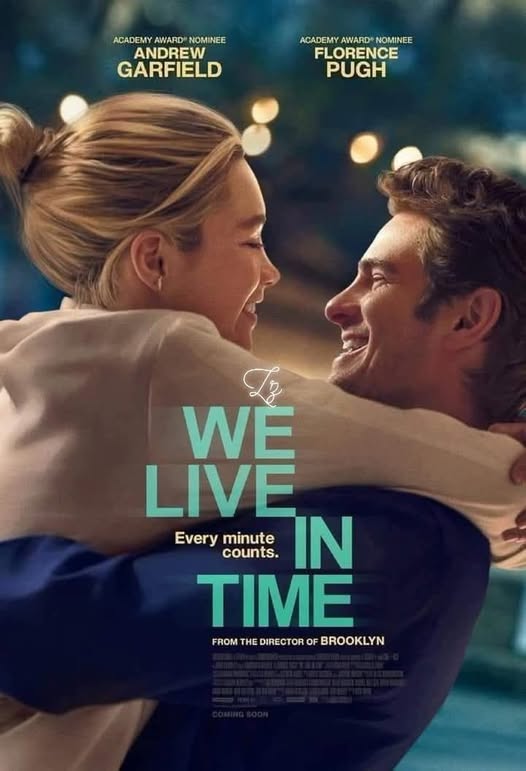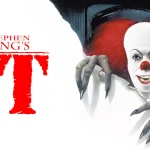We Live in Time (2024) – A Non-Linear Love Story that Explores Time and Relationships

Directed by John Crowley and written by Nick Payne, We Live in Time (2024) is a romantic comedy-drama that takes viewers on an emotional journey through a decade-long relationship. Starring Andrew Garfield and Florence Pugh, the film delves into the complexities of love, commitment, and the passage of time, all while employing a unique non-linear storytelling approach that adds layers of depth to the narrative.
Plot Overview
At its core, We Live in Time is a story about a couple—played by Garfield and Pugh—whose relationship evolves over ten years. The film weaves through key moments in their lives, capturing both the highs and lows of their connection. By utilizing non-linear storytelling, the film jumps back and forth in time, allowing the audience to experience their love story from different angles and perspectives, while exploring how time shapes the way we perceive our relationships.
The nonlinear structure mirrors the way people often reflect on their past relationships—focusing on the meaningful moments while also dealing with the complexities and growth that come with time. Garfield and Pugh’s performances anchor the film, with both actors showcasing their remarkable chemistry and emotional depth as they navigate the delicate dynamics of a decade-long partnership.
Themes of Love, Time, and Change

We Live in Time isn’t just a love story; it’s an exploration of the passage of time and how it affects people’s relationships. The film looks at how time can change the way we view our loved ones, how we grow together or apart, and how the events of life shape the people we become. It questions the nature of commitment and whether love can truly withstand the tests of time, change, and personal growth.
The non-linear narrative technique adds a layer of poignancy, allowing viewers to witness how the couple’s relationship develops and sometimes falters, often revisiting pivotal moments that reframe the entire story. This structure emphasizes the idea that love, much like time itself, is fluid and unpredictable.
Stellar Performances
Andrew Garfield and Florence Pugh bring an incredible amount of authenticity to their roles. Garfield’s portrayal of a man who is both sensitive and vulnerable is in perfect contrast with Pugh’s portrayal of a woman who is independent yet deeply invested in the relationship. Their chemistry is palpable, and the way they bring their characters’ emotional journey to life is nothing short of captivating.
The film relies heavily on the strength of its leads, as it focuses on their evolving relationship, and both Garfield and Pugh deliver performances filled with nuance, tenderness, and authenticity. Their performances highlight the delicate balance between love and personal growth, and how the passage of time can both strengthen and challenge their connection.
A New Take on Romantic Storytelling
What sets We Live in Time apart from other romantic dramas is its ability to blend humor with heartfelt emotion while offering a unique perspective on love and relationships. The non-linear structure allows the audience to see the couple at different points in their lives, helping them to fully appreciate the emotional depth and complexities of the story. It’s a film that doesn’t just tell a love story; it invites viewers to experience it alongside the characters.
Premiere and Release
We Live in Time made its world premiere at the Toronto International Film Festival on 6 September 2024, where it received early praise for its innovative storytelling and strong performances. The film was released in the United States on 11 October 2024 by A24, and it is set for a release in the United Kingdom on 1 January 2025, courtesy of StudioCanal.
Conclusion
We Live in Time is a romantic comedy-drama that offers a fresh perspective on the complexities of love, time, and personal growth. With stellar performances from Andrew Garfield and Florence Pugh, and a non-linear narrative that adds depth to the story, it’s a film that will resonate with anyone who has ever questioned how time shapes relationships. The film’s exploration of love, change, and commitment makes it an emotional journey worth taking—one that will leave audiences reflecting on their own experiences with time and love long after the credits roll.











